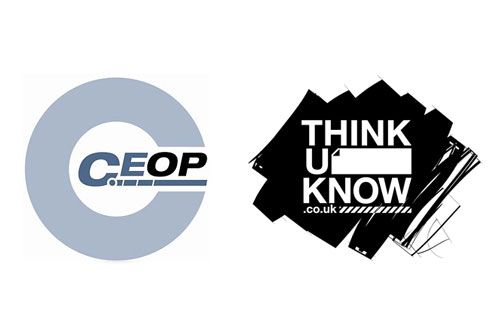International Safer Internet Day is fast approaching. This means it is time to raise your awareness of how you and your children interact online and how to overcome the potential challenges that could take place in the online world.
Connect Safely, an online organization emphasizing smart communication, created a user-friendly Parent’s Guide to Cyberbullying in order to help parents assist their children when needed with online communication. Connect Safely defines Cyberbullying as the “repeated harassment of some type of power imbalance that takes place online” (Parents’ Guide to Cyberbullying: Connect Safely, 2014. Print).
Five common questions are addressed in this Parent’s Guide:
· What is Cyberbullying?
· How is it likely that my child will be cyberbullied?
· How do I know if my child is being cyberbullied?
· What is the best way to keep cyberbullying out of my child’s life?
· What do I do if my child is cyberbullied?
If your child is experiencing forms of cyberbullying, it is important not to respond or retaliate. Instead, save all evidence, ask the person to stop and reach out to an adult for help. As an adult, it’s important to assist your child in regaining the confidence needed to ask for help. Most young people do not share with their parents about bullying online or offline, so you are lucky if your child shares this information with you. Use this as an opportunity to strengthen your relationship with your child.
Join us on February 3 as we host a GWAPA presentation on Digital Citizenship and follow the GWA Digital Citizenship Weebly to prepare for the upcoming Safer Internet Day on February 11th. Keep up to date with recent articles, research and Digital Citizenship findings by subscribing to our Facebook Page.
Connect Safely, an online organization emphasizing smart communication, created a user-friendly Parent’s Guide to Cyberbullying in order to help parents assist their children when needed with online communication. Connect Safely defines Cyberbullying as the “repeated harassment of some type of power imbalance that takes place online” (Parents’ Guide to Cyberbullying: Connect Safely, 2014. Print).
Five common questions are addressed in this Parent’s Guide:
· What is Cyberbullying?
· How is it likely that my child will be cyberbullied?
· How do I know if my child is being cyberbullied?
· What is the best way to keep cyberbullying out of my child’s life?
· What do I do if my child is cyberbullied?
If your child is experiencing forms of cyberbullying, it is important not to respond or retaliate. Instead, save all evidence, ask the person to stop and reach out to an adult for help. As an adult, it’s important to assist your child in regaining the confidence needed to ask for help. Most young people do not share with their parents about bullying online or offline, so you are lucky if your child shares this information with you. Use this as an opportunity to strengthen your relationship with your child.
Join us on February 3 as we host a GWAPA presentation on Digital Citizenship and follow the GWA Digital Citizenship Weebly to prepare for the upcoming Safer Internet Day on February 11th. Keep up to date with recent articles, research and Digital Citizenship findings by subscribing to our Facebook Page.


 RSS Feed
RSS Feed





